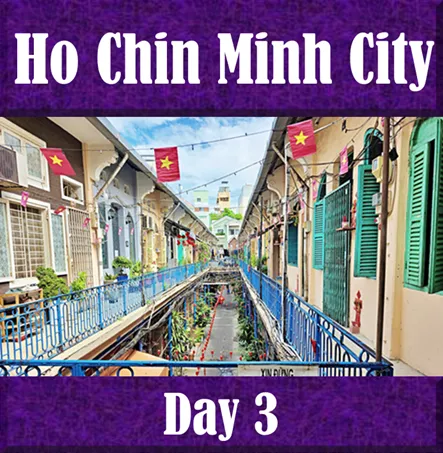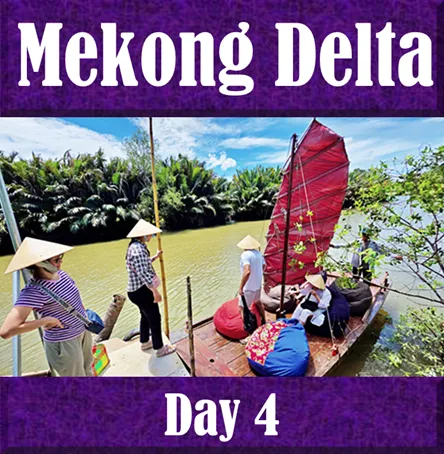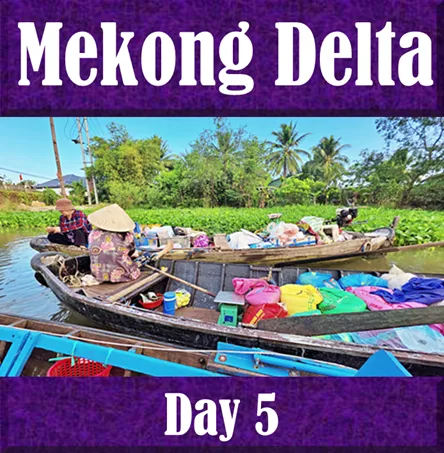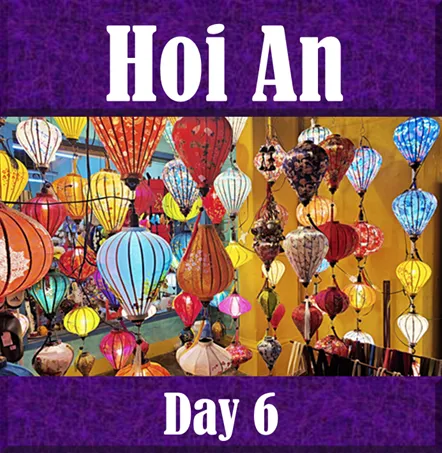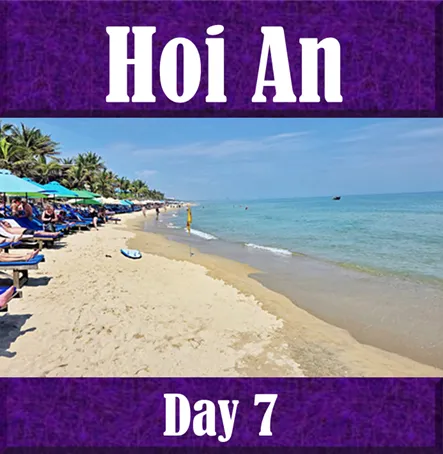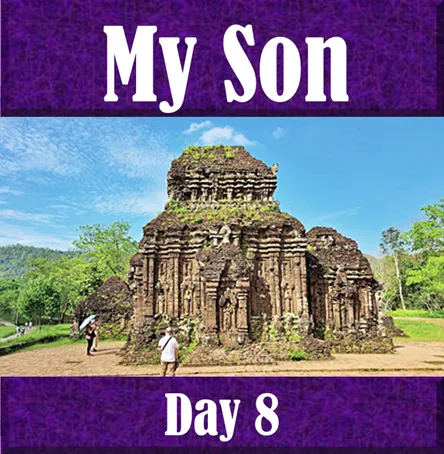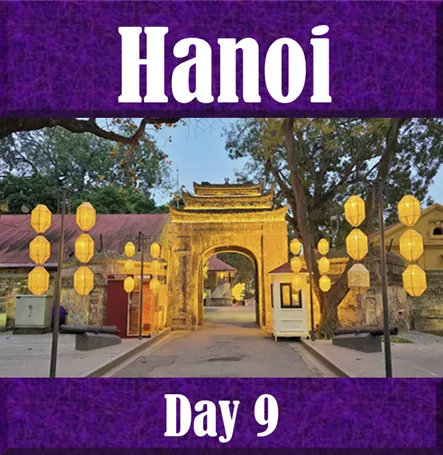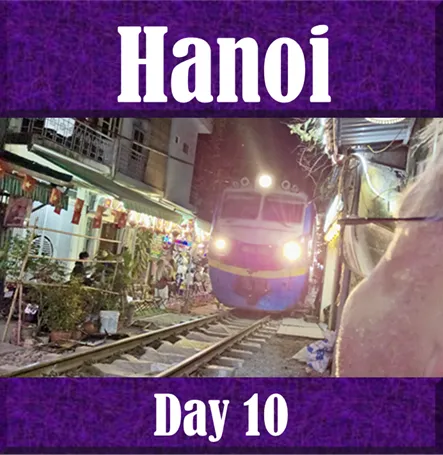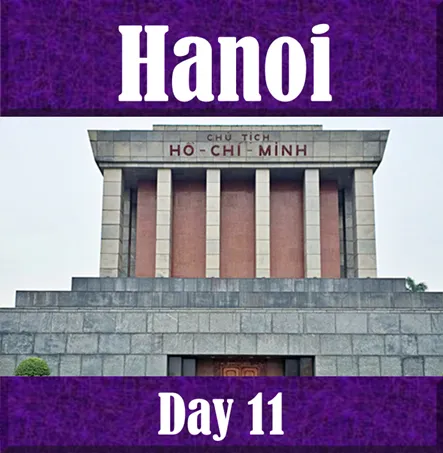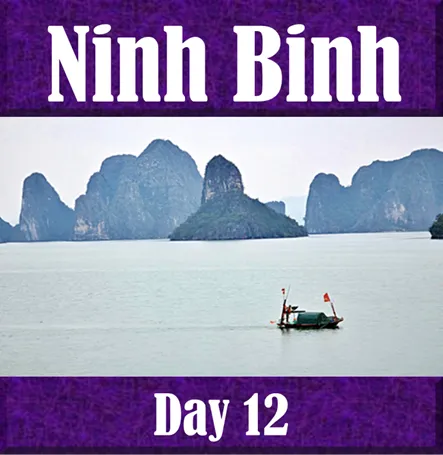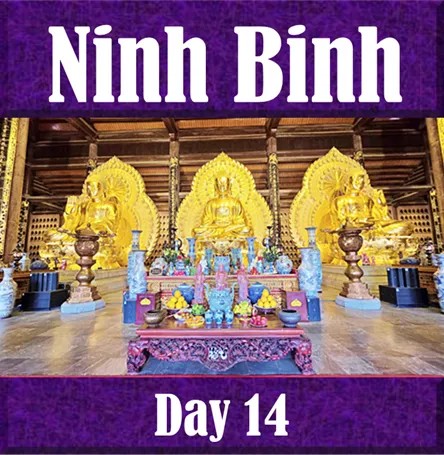Trieu Chau Assembly Hall: Hoi An's Carved Masterpiece | Vietnam Purple Travel Guide
(map, reviews)
This is Premium Content! To access it, please download our
Backpack and Snorkel Purple Travel GuideTo enter, you need to have purchased the Hoi An Ancient Town Ticket.
Trieu Chau Assembly Hall (Hội quán Triều Châu) is also known as Chaozhou Assembly Hall. It was built in the mid-19th century by Chinese immigrants from the Chaozhou (Triều Châu) region of Guangdong Province, China. While less visited than its larger counterparts like the Fukian or Cantonese assembly halls, Trieu Chau offers an intimate look into Hoi An’s multicultural past and the spiritual life of its Chinese diaspora.
A Legacy of Chaozhou Merchants in Hoi An
Constructed in 1845, the Trieu Chau Assembly Hall served as a place of worship, community gathering, and mutual support for the Chaozhou Chinese merchants who had settled in Hoi An during its golden age as a bustling international port. The Chaozhou community was renowned for its business acumen, especially in the maritime trade, and the assembly hall became their spiritual home and cultural anchor in a foreign land.
The hall is dedicated primarily to General Phuc Ba (Phục Ba tướng quân), a legendary Chinese sea god believed to protect sailors and merchants from shipwrecks, storms, and misfortune at sea. His full name translates as ‘General who Calms the Waves’, a fitting patron for those who made their living on the ocean.
Architectural Features That Tell a Story
Although smaller than other Chinese halls in Hoi An, Trieu Chau Assembly Hall stands out for its exquisite wood carvings, vibrant color palette, and elegant layout. It exemplifies Chaozhou-style architecture, which places a strong emphasis on decorative detail and rich symbolism.
Key highlights include:
Intricate Woodwork: The interior is a masterpiece of craftsmanship, featuring hand-carved wooden beams and panels that depict scenes from Chinese legends, flowers, birds, and waves — symbols of harmony and protection.
Colorful Façade: Painted in vibrant hues of red, blue, green, and gold, the exterior façade is adorned with ceramic reliefs of dragons, phoenixes, and guardian lions, all intended to ward off evil and bring good fortune.
Beautiful Courtyard: A tranquil courtyard at the entrance welcomes visitors with stone altars, potted plants, and a peaceful atmosphere.
Altar to Phuc Ba General: The main hall features a grand altar to Phuc Ba, complete with ritual offerings, incense coils, and gilded plaques. Locals and visitors alike come to offer prayers for safety, prosperity, and spiritual protection.
Maritime Iconography: Throughout the hall, you will notice numerous sea-related motifs like waves, boats, fish, and sea dragons, highlighting the seafaring traditions of the Chaozhou people.
Spiritual Significance & Cultural Role
Trieu Chau Assembly Hall remains an active place of worship. The local community continues to organize festivals, particularly during the Lunar New Year (Tết) and Ghost Festival (Vu Lan), keeping traditional practices alive.
This hall is especially meaningful to those tracing the maritime history of Hoi An. It reflects the deep connection between trade, faith, and community that characterized life in this port city for centuries.
Visitor Information
Opening Hours: 7:00am – 5:30pm daily
Entrance Fee: Included in the Hoi An Ancient Town ticket
Here at Backpack and Snorkel Travel Guides, we promote self-guided walking tours.
But we realize that not everybody likes to walk by themselves in a foreign city. So, just in case that you rather go with ab guide: NO PROBLEM! Please see the Viator tours below.
paid Viator tours
Where do you want to go now?
Author: Rudy at Backpack and Snorkel
Bio: Owner of Backpack and Snorkel Travel Guides. We create in-depth guides to help you plan unforgettable vacations around the world.
Other popular Purple Travel Guides you may be interested in:
Like this Backpack and Snorkel Purple Travel Guide? Pin these for later:
